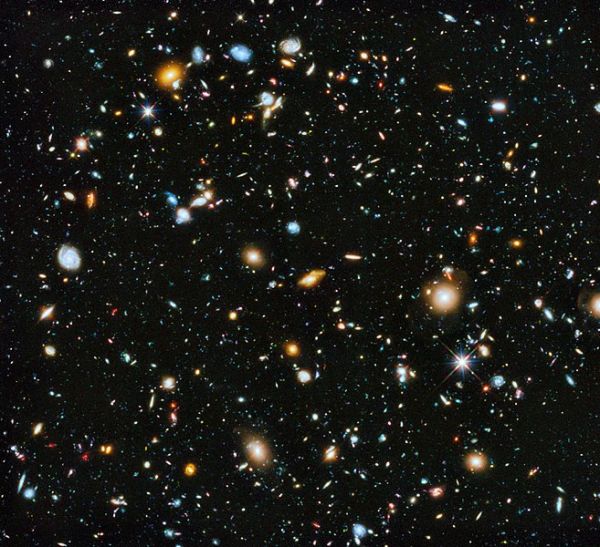
Everyone likes to think that they are exceptional. The opposite of being exceptional is to be mediocre, that is, somewhere in the more common range of whatever it is you are measuring. Mediocre might sound bad, but the word stripped of its reputation as an insult implies commonality with others. The same applies to entire planets, or even galaxies.
In the scientific context, exceptional means something very different than it does in the everyday language of, say, football commentary or restaurant reviews. To be exceptional is to be unique and solitary. To be mediocre is to be one of many, to be a part of a community. If Earth is exceptional, then we might be profoundly alone. There might not be any other intelligent beings like ourselves in the universe. Perhaps no other habitable planets like ours. Perhaps no other planets at all, beyond the neighboring worlds of our own solar system.
If Earth is mediocre, the logic runs the other way. We might live in a galaxy teeming with planets, many of them potentially habitable, some of them actually harboring life. In the mediocre case, we bipedal little humans might not be the only sentient creatures peering out into the depths of space, wondering if anyone else is peering back.
Our understanding of those concepts goes way back, fueling arguments between theologians, philosophers, and scientists. Why we still argue, the increasing knowledge we have of worlds that were once beyond our perception is leading us towards regarding earth as mediocre. And that may be a good thing. Read more on this at Nautilus. -via Damn Interesting
(Image credit: NASA, ESA, H. Teplitz and M. Rafelski (IPAC/Caltech), A. Koekemoer (STScI), R. Windhorst (Arizona State University), and Z. Levay (STScI)





